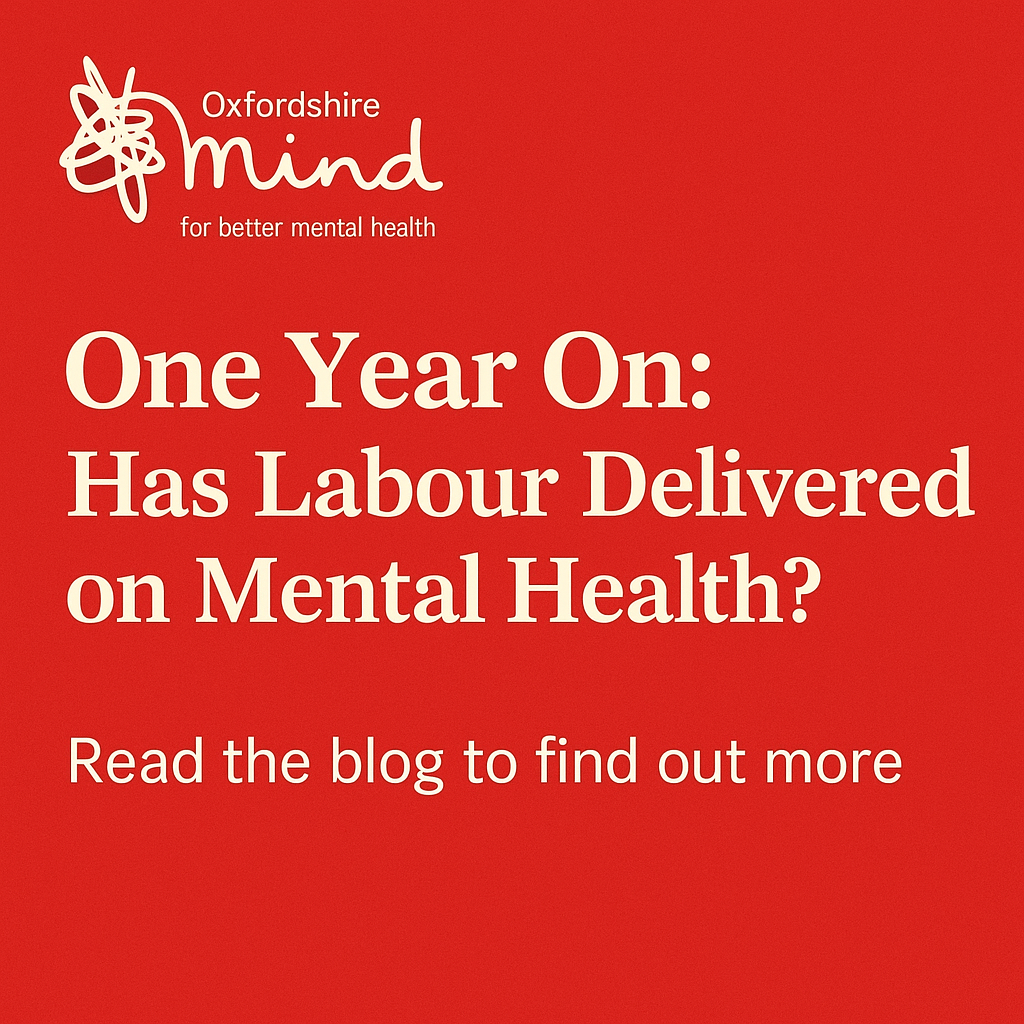It’s been a year since the UK went to the polls and handed Labour a majority government with big promises to fix a broken mental health system.
They pledged 8,500 extra mental health staff, walk-in hubs for young people in every community, trained professionals in every school, and a reformed Mental Health Act. They also talked of parity between physical and mental health, prevention of crises, and putting people before bureaucracy.
So, where are we now?
What’s changed?
Frankly, the situation has not improved significantly.
At a national level, mental health services are still under intense pressure. Wait times are up. Charities are plugging the gaps. People are still being told they aren’t “ill enough” to get help. And despite the warm words in the manifesto, the reality one year on is that most of Labour’s flagship promises haven’t moved beyond the planning stage.
The 8,500 staff promise?
This week, the government announced that 6,700 new mental health staff have been recruited since Labour took office — about 79% of their 8,500 target.
That’s welcome news. It shows that movement is happening. But there’s still a shortfall of 1,800 roles, and no clear timeline for when those posts will be filled.
What’s more, there’s little information on where these staff are going — and whether communities like Oxfordshire will feel the benefit.
Walk-in hubs for young people?
It is still being piloted in a handful of places. In Oxfordshire, we’ve seen no sign of the promised national rollout. Help is stilln’t available when young people in distress need it.
Mental health support in every school?
Roughly half of schools now have access to Mental Health Support Teams, but we’re told the rest won’t see them until 2029 or 2030—five years away. In the meantime, young people are falling through the cracks.
Waiting times?
More than 16,000 people in England have waited over 18 months for mental health treatment. Many of them are children and teenagers. Behind all those numbers is a story of pain, frustration and isolation.
Here in Oxfordshire, staff at Oxfordshire Mind and across the voluntary sector are doing everything possible to help. But we’re seeing more and more people reaching out in crisis because they couldn’t get support early enough. It shouldn’t be this way.
Rising demand. Rising costs. Falling support.
To make things worse, April’s National Insurance rise has hit mental health charities hard. Labour increased employer contributions from 13.8% to 15% and lowered the threshold — meaning more of our team now falls within the tax bracket.
For Oxfordshire Mind, that means tens of thousands of pounds going to HMRC instead of counselling sessions, peer support groups, crisis cafés, or wellbeing walks. Across the charity sector, this tax rise will cost £1.4 billion a year.
Charities like ours are being asked to do more, for more people, with less money. This is not sustainable and is not fair.
What we need to see now
It’s not too late to put things right. But it does need action, not just promises. We’re calling on the government to:
- Be honest about progress. Publish a clear update on how many mental health staff have been recruited and when we expect to see the full 8,500.
- Speed up early support. Commit to funding at least one Young Futures Hub in every area by the next election.
- Fix the school support gap. Bring forward the rollout of mental health teams so all schools are covered by 2027.
- Protect mental health budgets. Ringfence funding so it doesn’t quietly slip away into other areas of the NHS.
- Rethink the NI rise. Exempt mental health charities, or give us targeted support so we don’t have to cut services.
Final word
Mental health can’t keep waiting. The ambition Labour set out in their manifesto gave people hope. But 12 months on, we need more than hope. We need honesty, urgency, and action.
Because in Oxfordshire and across the UK, people still fight invisible battles every day — and they deserve better.


